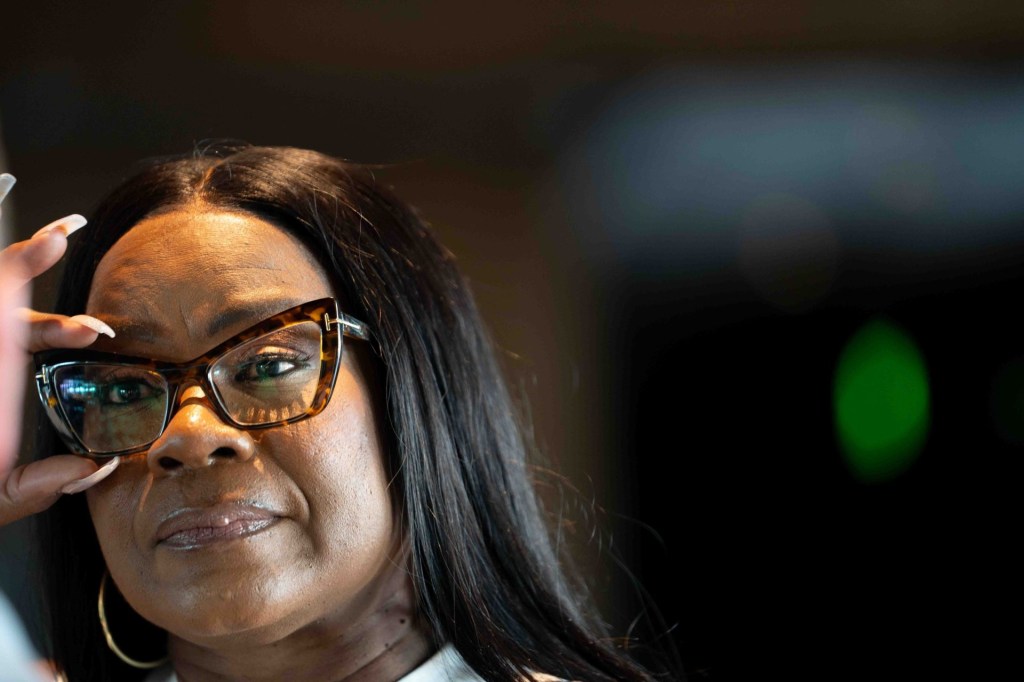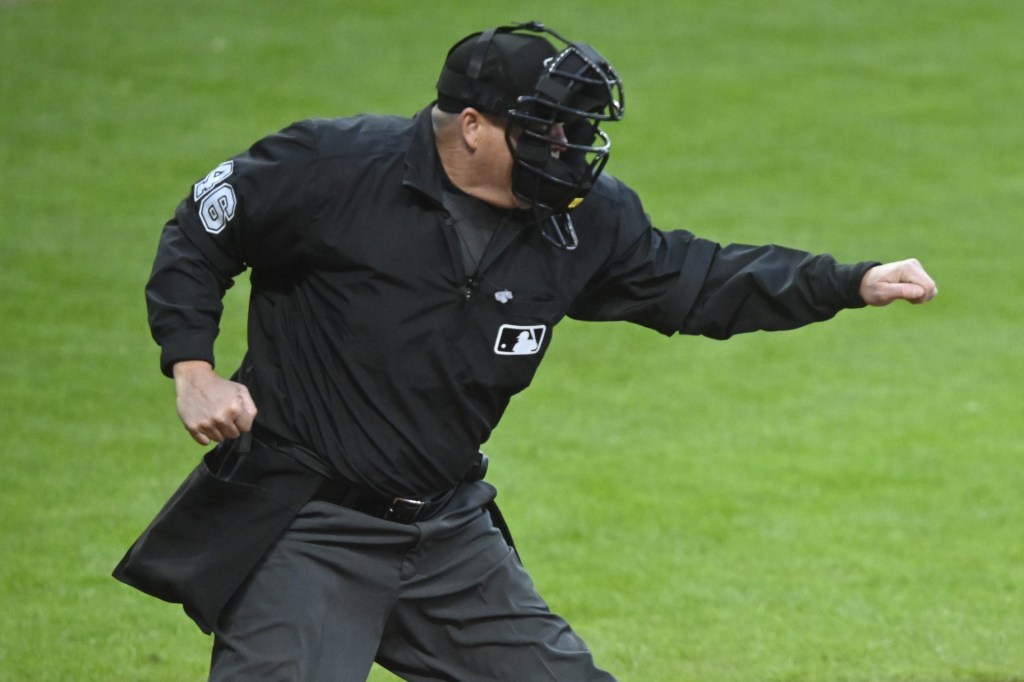
The University of Michigan recently tapped into a fundraising reservoir using Facebook.
Last December, Brian Wagner was given a list of 20,000 emails of University of Michigan alumni who had the means to give, but hadn’t previously donated to the athletic department. As the department’s digital strategy and creative lead, Wagner decided to turn to a modern solution: social media.
Uploading the list into Facebook, Wagner found 15,000 of those emails on the website and from there the department created a “basic ad campaign” with former quarterback Denard Robinson.
“We were trying to grab some emotional strings there,” Wagner said.
SEE MORE: VERT Looks to Real-Time Data to Provide More Engaging Fan Experience
Spending $500 in the final week of December, the University of Michigan athletic department reached 9,029 of the 15,000 targeted users. Intrigued by the ad, 199 people clicked the link and eventually 40 donated a whopping $17,392. The 56-percent result rate and $2.51 cost per result were well worth the initial $500 investment, Wagner said.
The money went to the Michigan Athletics Scholarship Fund.
“Our development team was very pleased with the results,” Wagner said. “We do so much of our interactions with our season-ticket holders, and unless you’re a big donor, there’s not a lot of touch, and in the last week of the year we wanted to amp that up.”
[mc4wp_form id=”8260″]
The campaign was the only one that resulted in monetary donations, but Wagner said the athletic department regularly uses targeted Facebook campaigns, including letting the 25,000 season-ticket members know that there would be a “maize out” for a football game.
Early on in the football season, Wagner said they spent a few hundred dollars for a “thank-you” message to their season-ticket holders and will likely do another one later in the season, near Senior Day.
SEE MORE: Paws & Claws Club Provides Auburn Pets to Be Fans
More were used to target the geographic area for ticket sales. The best performing campaigns are those emails they have from previous ticket purchasers, so they’re not just sounding off with a “megaphone.”
The success of the campaign also has resulted in Facebook receiving budgetary allocations in the annual budget. Wagner said the department will likely do another donor push in the near future.
“A lot still goes toward more traditional marketing, but we were able to add more dollars in this year for the paid social, where we hadn’t budgeted in previous years,” Wagner said. “We’d have to allocate from other areas, so it’s not an overnight shift, but we were able to siphon off more money directed to paid social and most of it is geared toward more revenue generation.”
The process sounds more sophisticated, Wagner said, but is fairly easy once the ad buyer dives in. He also said social media paid ad targeting isn’t something talked about much in his world, but it can be a useful tool.
SEE MORE: ‘Climb With Us’ Moniker Leads Marketing Efforts for Penn State
A worry is all the controversy brought up surrounding Facebook and other social media business models, Wagner said. So far, however, the University of Michigan Athletic Department hasn’t had negative feedback.
“I’ve even thought about that myself,” he said. “But we’ve not received any emails or calls. The way I see it, and others might, I would much rather see an ad like this than one that doesn’t relate to me.”






![[Subscription Customers Only] Jun 15, 2025; Seattle, Washington, USA; Botafogo owner John Textor inside the stadium before the match during a group stage match of the 2025 FIFA Club World Cup at Lumen Field.](https://frontofficesports.com/wp-content/uploads/2026/02/USATSI_26465842_168416386_lowres-scaled.jpg?quality=100&w=1024)
![[Subscription Customers Only] Jul 13, 2025; East Rutherford, New Jersey, USA; Chelsea FC midfielder Cole Palmer (10) celebrates winning the final of the 2025 FIFA Club World Cup at MetLife Stadium](https://frontofficesports.com/wp-content/uploads/2026/02/USATSI_26636703-scaled-e1770932227605.jpg?quality=100&w=1024)









